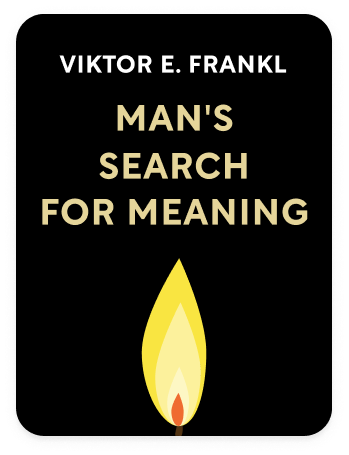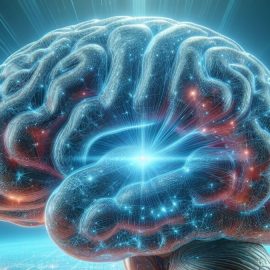

This article is an excerpt from the Shortform book guide to "Man's Search For Meaning" by Viktor E. Frankl. Shortform has the world's best summaries and analyses of books you should be reading.
Like this article? Sign up for a free trial here .
What is determinism in psychology? How does determinism philosophy get in the way of being psychologically resistant?
In logotherapy, Viktor Frankl examines the idea of determinism in psychology as an obstacle to building psychological resistance. In order for logotherapy to work, you cannot have a deterministic outlook.
Read more about determinism in psychology and what it means for logotherapy.
Determinism in Psychology: Challenges in Finding Meaning
The last chapter reviewed a few ways to find meaning in your life. But if it sounds easy, it isn’t–many people get frustrated in their pursuit of meaning. It is, after all, a lot of responsibility to bear, and the responsibility rests solely on your shoulders. This is free will and determinism theory, and can get frustrating.
- This could be because of determinism: we think our outcomes are already decided for us, so what meaning is there to find in something we can’t change?
- It could also be because life is transitory–we’re going to die anyway, so what meaning can there possibly be?
Let’s learn more about free will and determinism theory, how we suffer from it, and why.
Determinism Philosophy
Determinism philosophy is the belief that humans aren’t free to make active choices because everything’s been determined for us by biology or other external factors. This idea is more dangerous when paired with nihilism, because it further reduces our power as individuals and makes it pointless to try to find a meaning to our lives.
Logotherapy believes that humans are a self-determining species. We are constantly deciding what our existence will be and what we’ll do next. And, as we saw in the first section, humans have shown time after time that they are capable of rising beyond their circumstances and conditioning to improve life and themselves for the better.
- Frankl’s experiences in the concentration camps reinforced that humans are free to make choices that help them survive even the worst of influences or conditions.
The Passing of Time
Life is transitory, meaning it’s not permanent. We’re all going to die someday, and this knowledge can increase our frustration with existence, both because it can cause us to question the point of everything if we just die anyway, and because it can put the pressure of time on our search for meaning. Determinism in psychology is when we stop believing in our search for meaning.
Life is also full of possibilities, and these are also transitory. They can’t all be permanent realities; we have to choose. This is another part of what makes it so hard to determine our meaning–there are so many options!
But just because life is transitory doesn’t make it meaningless–because life is transitory, it actually reinforces our responsibility to find meaning in the moments of our lives. Once we make a choice, we create a reality and do away with the other possibilities–so the choices we make are stored in the past. In this sense, our past choices are saved from the transitoriness of life. The choices we make will be immortalized in our past. Nothing can be undone or changed–we can only use the information to change our choices in the future, and change our sense of determinism in psychology.
Some might view this as pessimistic, the idea that we can’t change our past. But logotherapy is activistic, or centered around actions, and future-oriented, not past-dwelling. In this way, determinism in psychology can show us a different way.
- A pessimist might cross the days off her calendar with fear and sadness–time is passing, and she’ll die.
- An activist will mark the days and file it away with all the days before it, jotting notes down and reflecting on her past. Once she grows old, she won’t envy young people–who are full of possibilities and transitoriness–but instead she’ll be proud of the results in her past.
Free will and determinism theory can be challenging, but understanding your limits and how to work with determinism in psychology can help you find meaning.

———End of Preview———
Like what you just read? Read the rest of the world's best book summary and analysis of Viktor E. Frankl's "Man's Search For Meaning" at Shortform .
Here's what you'll find in our full Man's Search For Meaning summary :
- How Viktor Frankl survived four Nazi death camps
- Frankl's life-changing advice for coping with suffering
- Why focusing on what you enjoy isn't enough to make your life meaningful






